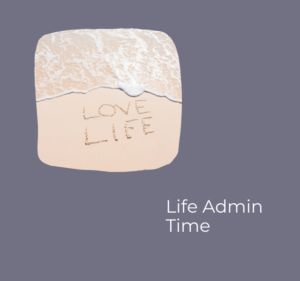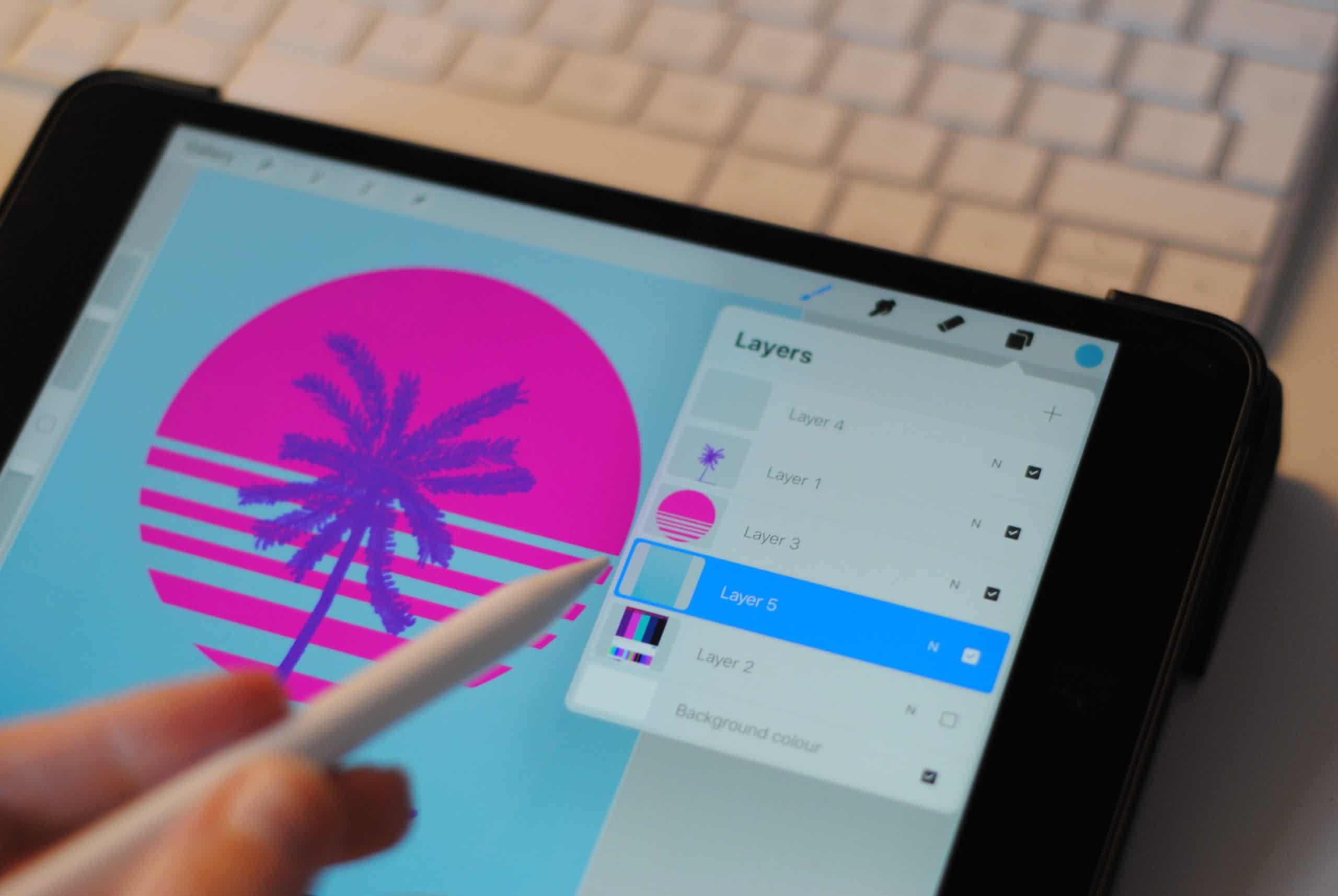Self-care doesn’t just happen by accident, especially now when we have the option of engaging with the world 24/7. There’s so much to being human and to living life that sometimes it’s easy to forget that we should be enjoying ourselves. Although it may be counter intuitive, organising comes into play as a method of ensuring that self-care is a priority. I’ve had clients fear that getting a schedule in place or streamlining and crafting areas of their life will stifle their free time, their fun, their relaxation. Oftentimes they find that quite the contrary, getting organised creates a foundation for life to happen.
Mindset
When helping people schedule in time for themselves and accomplishing goals that they find important a lot of the work has to do with Mindset.
Oftentimes people have to go quite broad before getting into the specific techniques to assist them in achieving goals.
With self-care what often happens is that people are wrestling with feelings of selfishness and guilt about putting themselves first. This is why looking at the mindset currently held is such an important first step.
Two very powerful analogies in assisting such a major mind shift are:
- What do they say during the in flight safety videos? Apply your oxygen mask to yourself first before helping others. Because if you pass out, what use are you to anyone?
- Your own heart knows how important self-care is. It first takes the very best blood for itself before moving blood around the rest of the body because it knows that if it can’t pump then other organs are going to get nothing.
Being kind to yourself is not just about taking a bath or eating a decadent chocolate; it is about knowing how to support yourself, who to surround yourself with and when to say no. If you aren’t cared for, you will be of little use to anyone else and chances are you won’t be fulfilling your potential in life.
So have a think, what are you doing specifically for yourself this week that will help you be your best self?
Survey
Now it’s time to have a deep think about what it is you need on a weekly, fortnightly, monthly basis to be the best you.
Imagine the many segments that make up a life. If it’s helpful you can think in terms of the following ‘slices’: Health and Well being, Financial/Wealth, Family/Friends, Personal Growth, Career/Work, Physical Environment, Relationship/Romance, and Fun/Recreation.
For each category there’s often a baseline that people need to feel complete for that slice of life. For myself a few of my categories base lines look like this:
Health/Well being – gym 3 times a week and journal weekly
Family/Friends – 2 catch ups per week and call back home at least once a week
Personal growth – read 50 books a year and go to a few classes per year to expand myself
Fun/recreation – engage in a non-related work hobby regularly (dancing every 2 months)
What’s interesting to note here is that some areas don’t demand weekly attention but balance can be found over a year instead. And sometimes to fully engage with something it is best to give it the space it deserves rather than putting the pressure on yourself to ‘get it done’ to a certain time line.
As David at Rapitude.com details in this post “… if I spent ten years giving ten areas of life each a highly focused year, I will be vastly better at all of those things than I would be if I worked on all those areas at once, even if I did manage them well.”
What do you need in each category of life to feel good about life?
Managing overwhelm
There’s a lot to get done these days – even just basic living demands can sometimes feel overwhelming.
If this feeling of overwhelm is familiar to you I’m going to share something that helped me immensely to manage anxiety and perfectionism, in the hopes that it gives you some relief as well.

A wonderful teacher once said that we are all control freaks or control freaks in recovery. I’m definitely a control freak in recovery but before my enlightenment there was a time when I was driven by the thought that once I got through my to do list that I’d feel calm, relaxed, and happy. The trouble was that there were always new items and goals that replaced the few things I’d managed to check off and achieve.
A philosophy I picked up from a great little book by Richard Carlson called Don’t Sweat the Small Stuff…and it’s all Small Stuff (1997) assisted me in my control freak recovery. One of the chapters titled When we Die, our “In Basket” Won’t Be Empty although morbid was a very freeing perspective shift.
It was comforting to realise that I wasn’t alone in this quest for an empty to do list and I also found it comforting to remember that the nature of an “in basket” is to not be empty. It’s a sign of life that an inbox has items in progress and ideas to start on.
Thanks to that little book, reminding myself frequently that the purpose of life isn’t to get it all done but to enjoy each step along the way makes it far easier to control my obsession with completing my list of things to do. So where do you stand? Control freak or control freak in recovery?
Scheduling It In
This final part looks at how to make sure you honour time with yourself and value it.
Over time I’ve found consistently that calendaring and colour coordinating it is one of the best tools for cementing and honouring self care.
This is a big topic in itself but three takeaways are:
– Schedule everything in: those things that you identified on a weekly, monthly and yearly basis, get them in your calendar.
– Next, get everything in your calendar that you know makes up your life: work, holidays, meditation, exercise, recreation time, – all of it. What could at first appear like too much structure will actually give you a sense of freedom and peace of mind as you can clearly see what space you have left to play with.
– Leave space, don’t schedule things in too tightly as things will generally take longer than we first think.

– Commit to the things that are just for you as seriously as you would your other commitments.
The benefits of scheduling can be illustrated by a popular time management analogy called the “rocks, pebbles, and sand story”.
Basically the rocks are equivalent to the most important projects and things you have going on. The pebbles represent the things in your life that matter, but that you could live without. And the sand is everything else. The metaphor here is that if you start with putting sand into the jar, you will not have room for rocks or pebbles. This holds true with the things you let into your life. If you spend all of your time on the small and insignificant things, you will run out of room for the things that are actually important.
Before I close out on this blog piece, I just want to recap that when it comes organising for self-love there are three main things to keep in mind:
- You come first – self-love starts with treating yourself and your needs seriously;
- There will always be things to do but you decide what you need and where to spend your time; there are no wrong answers; and
- Scheduling is a tool to ensure that you do what you want in life.
I hope you keep these three main points in mind and put self care high on your priorities. I wish you and yourself much love and happiness!
Organising heart, head, and home
Flor&order









One Response